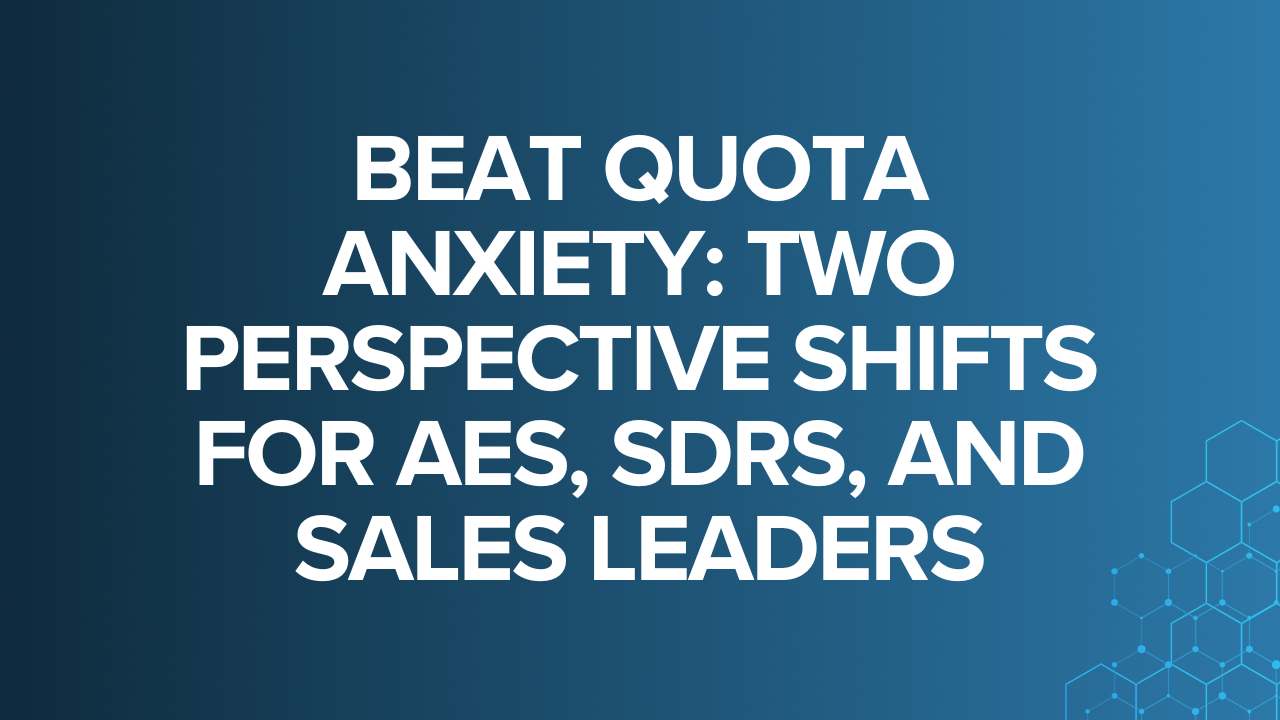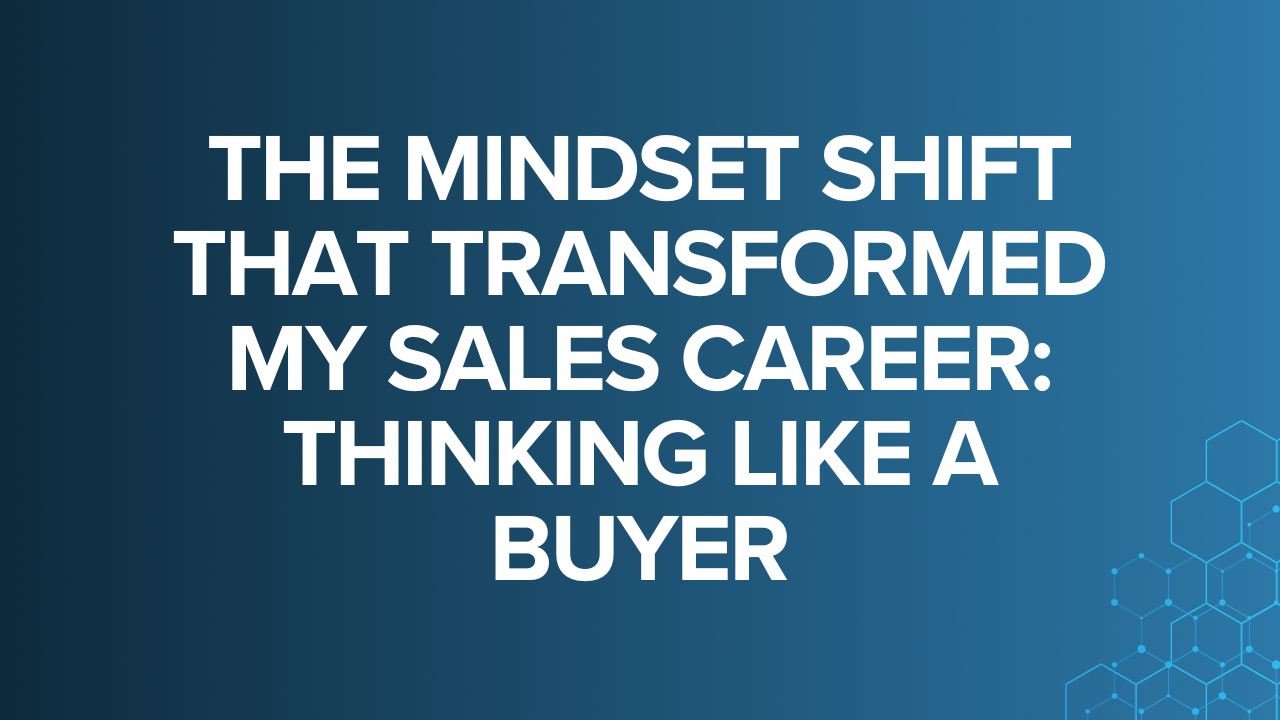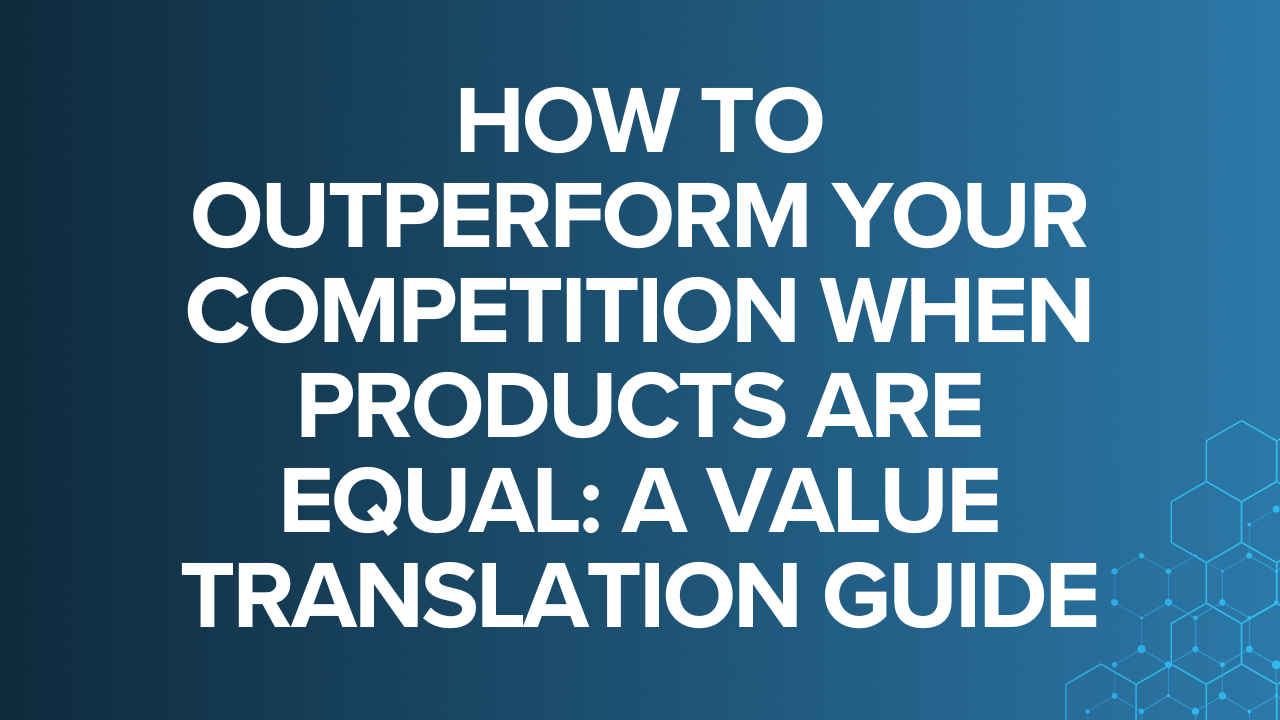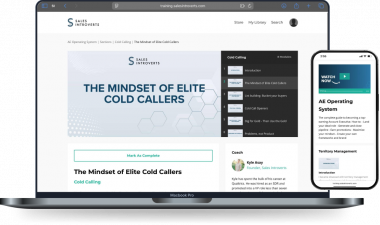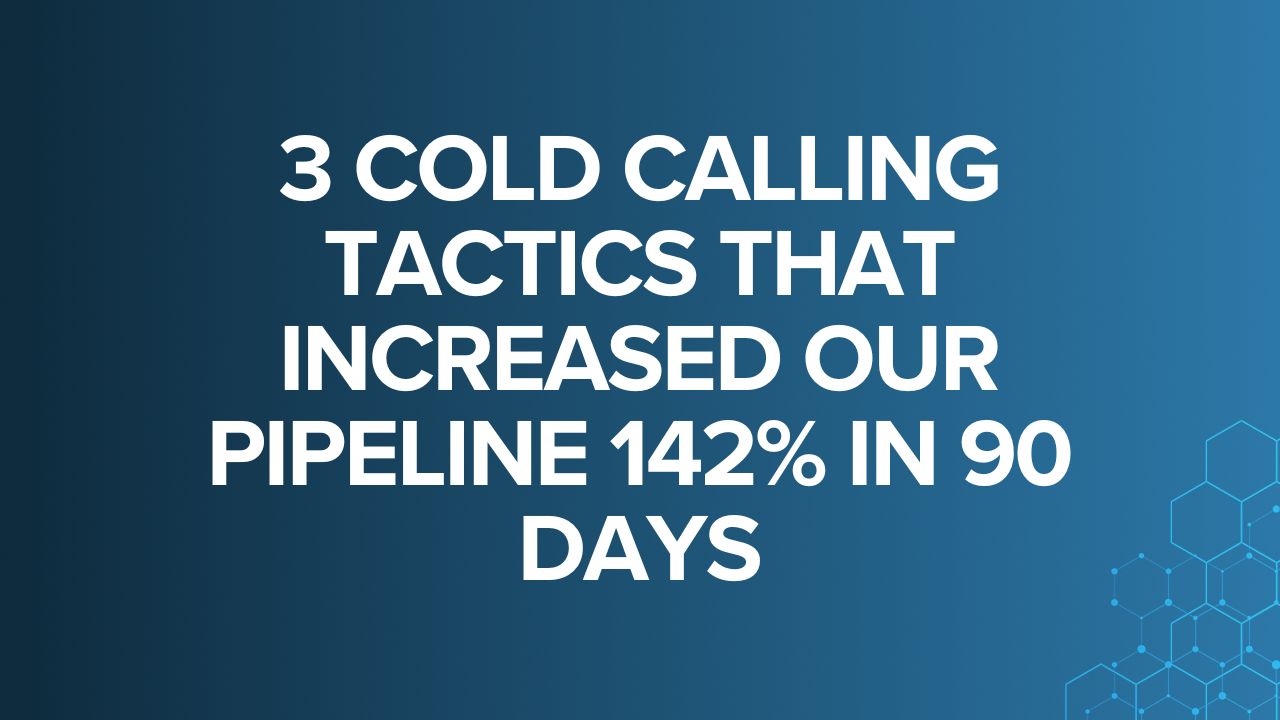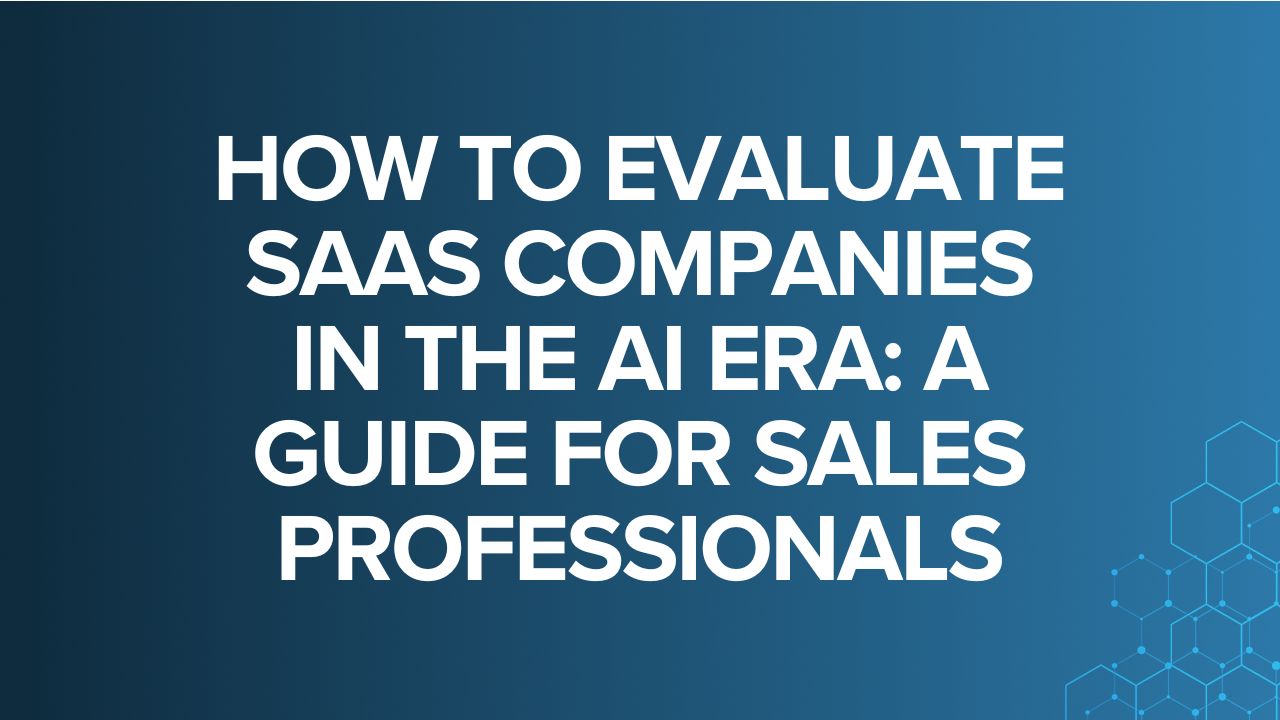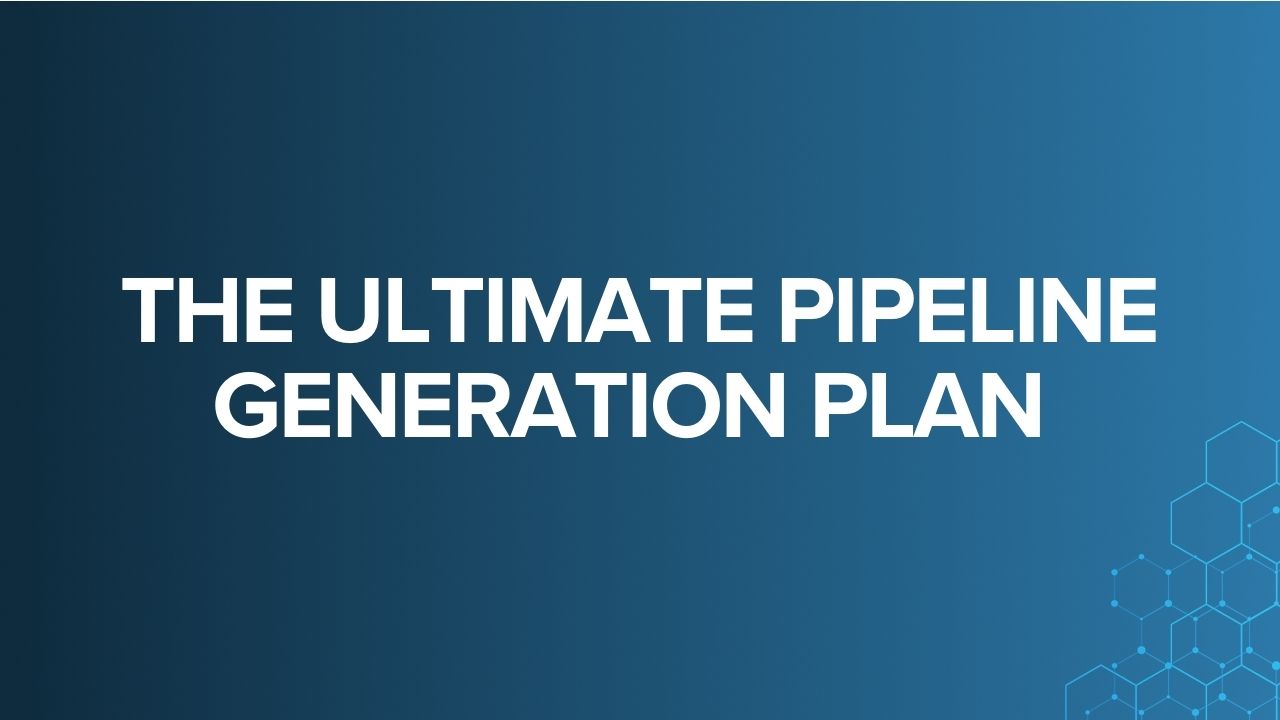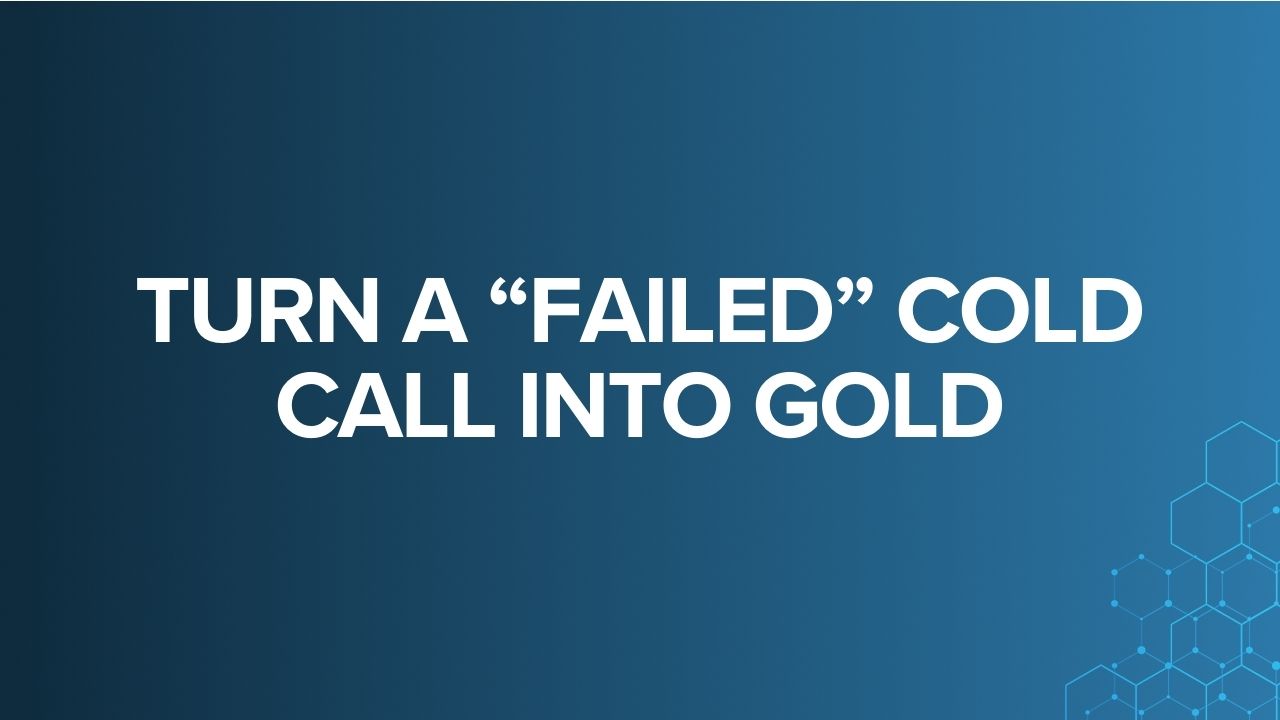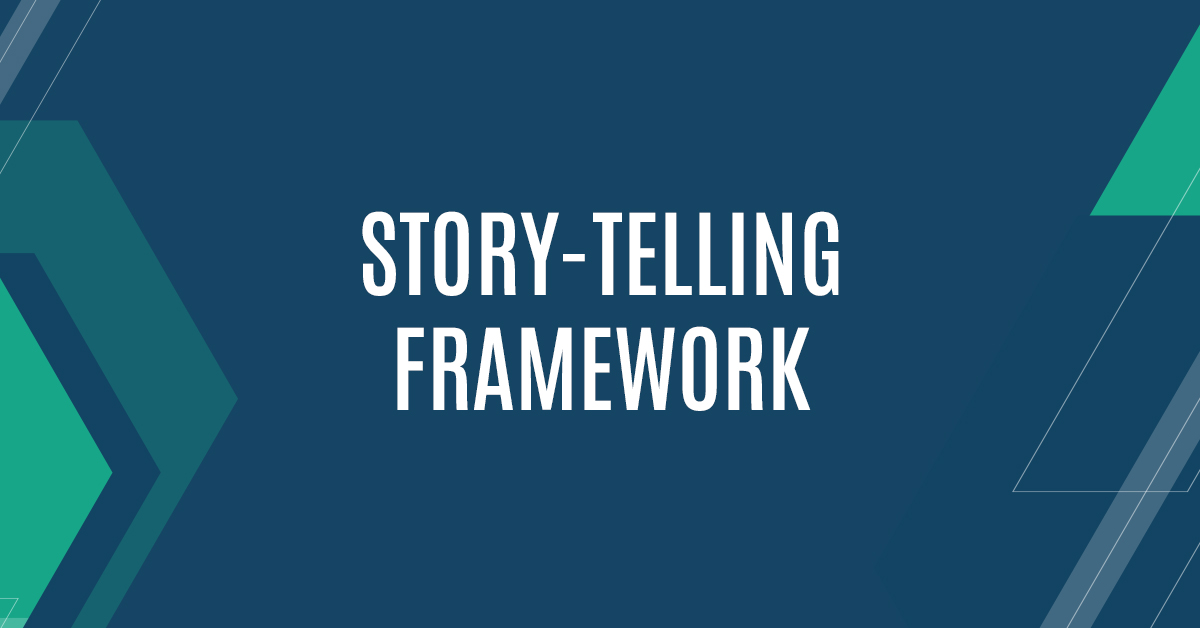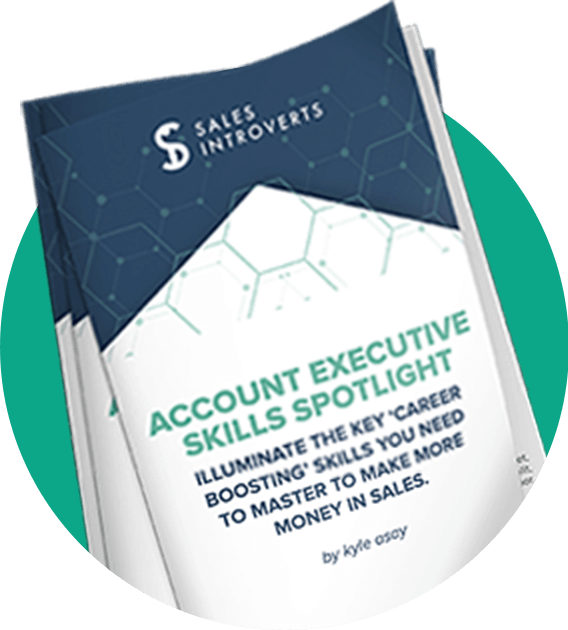I’ve taught that cold email outreach required personalization for years.
This week’s newsletter will look at the email that challenged my paradigm and a breakdown of why it was so effective, even without personalization.
Caveat: I still believe personalization is important. However, this example shows the power of emotion and relevance in cold outreach.
Here’s the email:
“The best managers are never surprised. But now that most of us are remote it’s getting harder to stay on top of our metrics.
You shouldn’t need to refresh 40 browser tabs every 30 minutes just to stay up to date on how your team is performing.
What if you could close those tabs and get alerted (on your phone) when a metric needs your attention?
Nothing falls through the cracks. No more tabs, spreadsheets, and surprises.
Click here to schedule time to learn more.”
Let’s break down why this was so effective:
“The best managers are never surprised.”
This opener evokes an emotional response. Yes, I aspire to be a “best” manager. Yes, I hate being surprised. You have my attention, cold email.
“But now that most of us are remote it’s getting harder to stay on top of our metrics.”
This is an effective sentence because it’s:
- Timely (my team was transitioning to remote work)
- Relevant (understanding key metrics is a core part of my job)
“You shouldn’t need to refresh 40 browser tabs every 30 minutes just to stay up to date on how your team is performing.”
I couldn’t have written a more accurate sentence to describe my current state had I tried.
“What if you could close those tabs and get alerted (on your phone) when a metric needs your attention?
Nothing falls through the cracks. No more tabs, spreadsheets, and surprises.”
The proposed after state is easy to understand and significantly improves my current state.
Want to improve your response rates?
- Drive emotion by connecting to their aspirations and concerns
- Show you understand their current role/day-to-day
- Clearly explain your proposed after state – don’t leave them wondering, “ok, but what do you actually do?”
That’s it for this week’s newsletter! Let me know what you think by replying to this email or send me questions/topics you’d like me to address in future editions.
— Kyle



